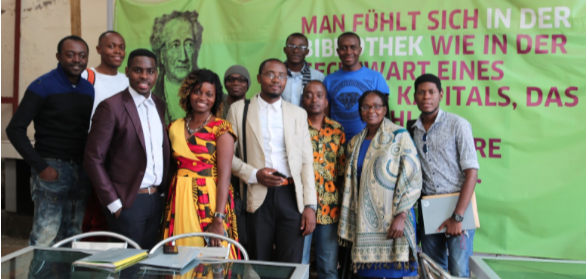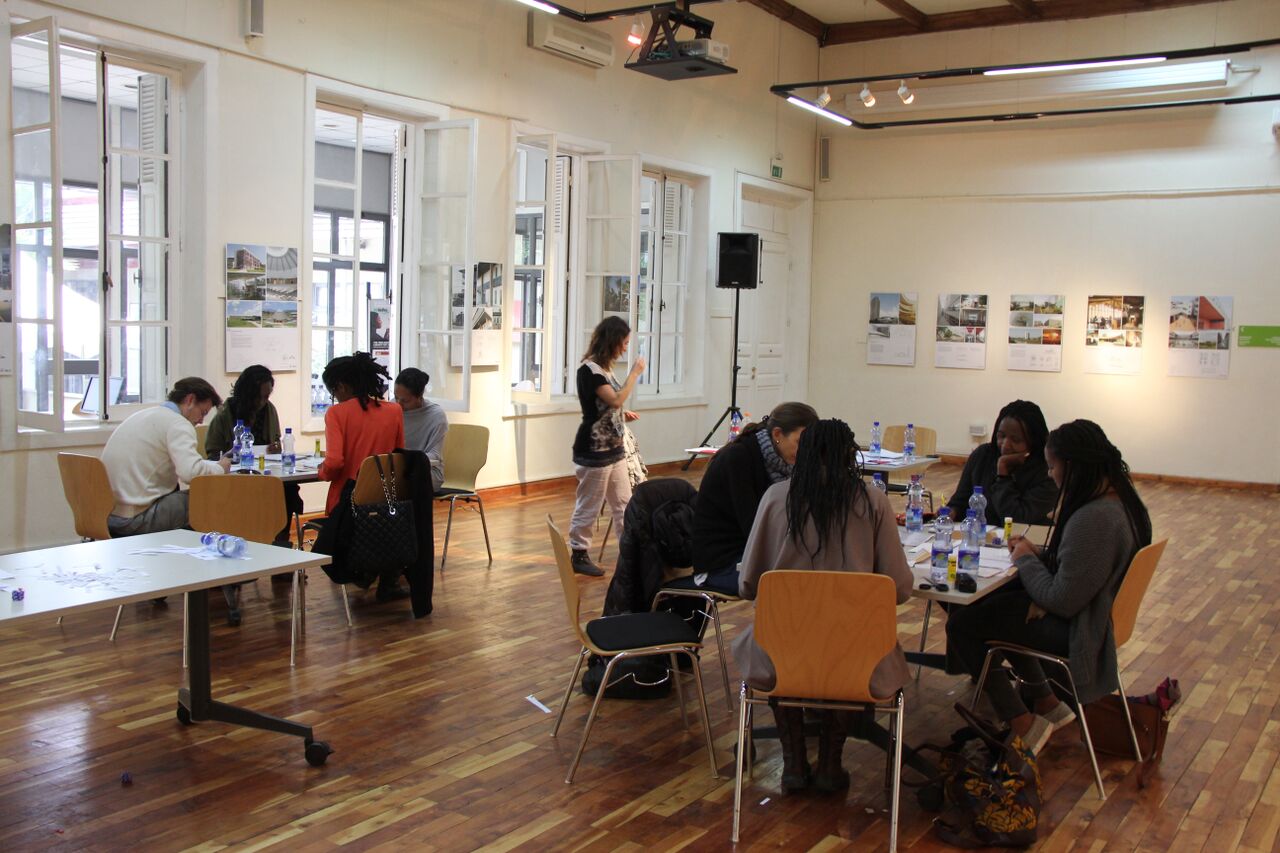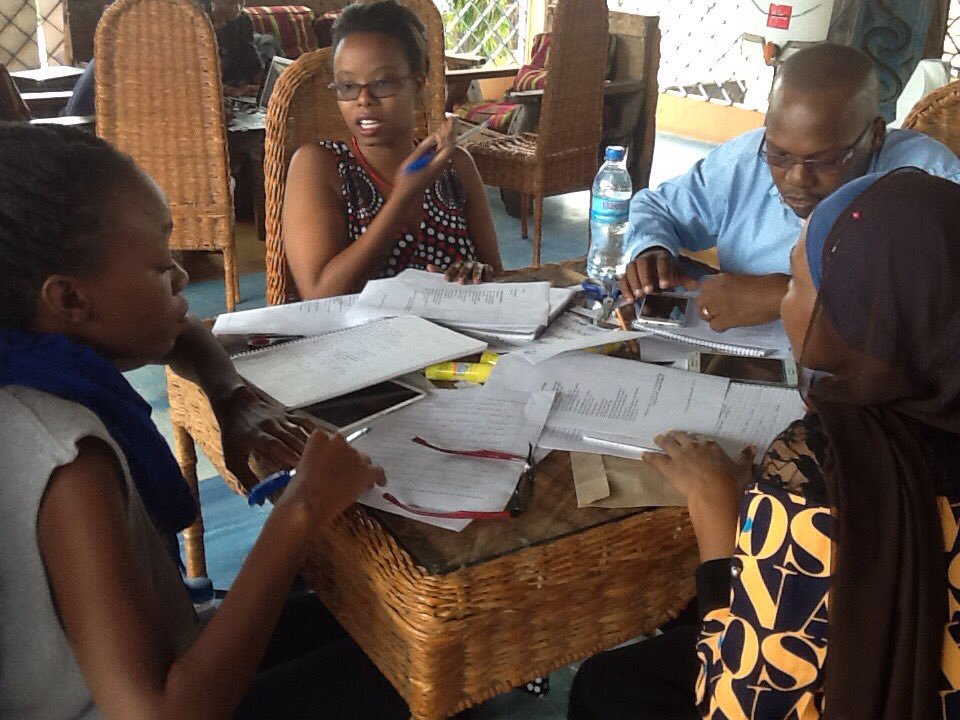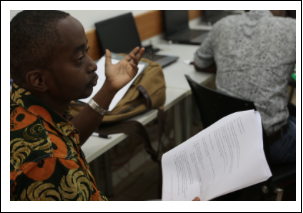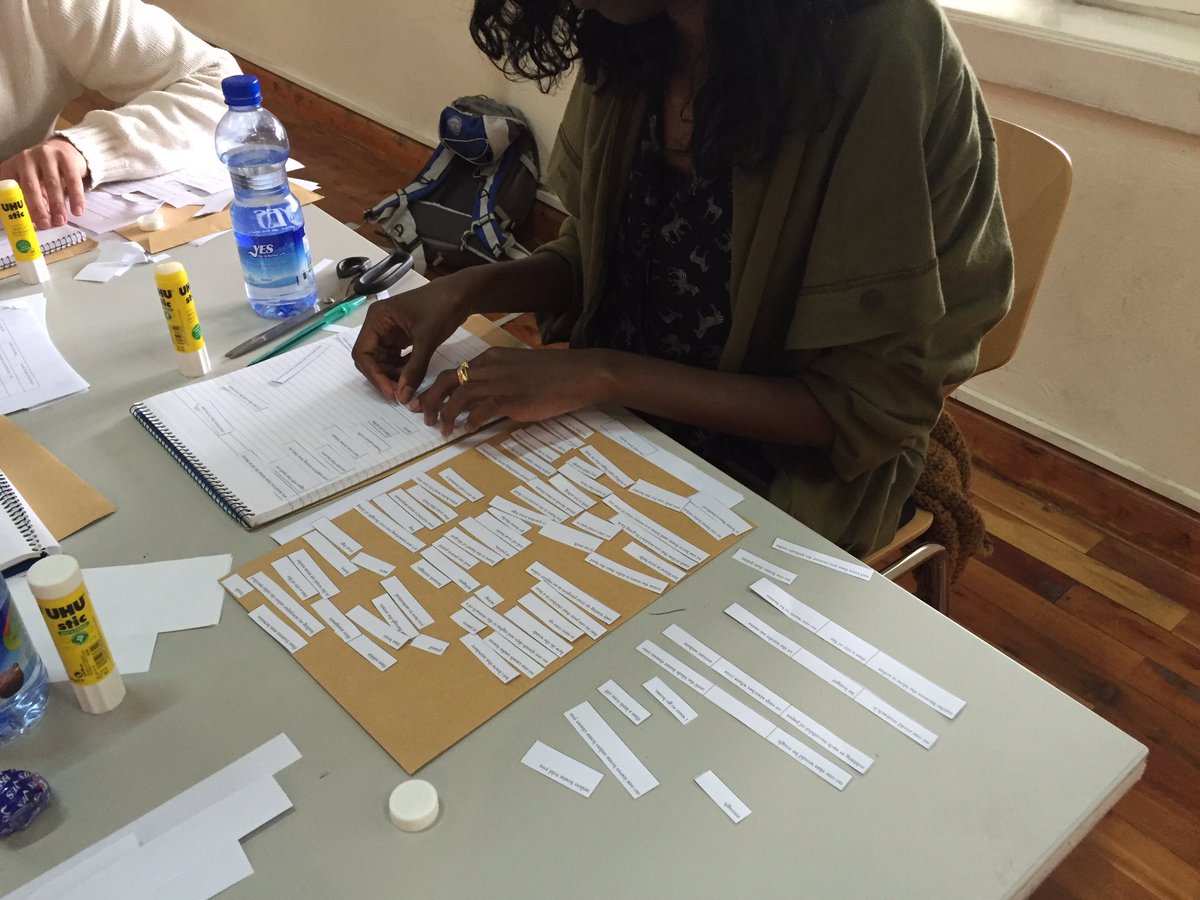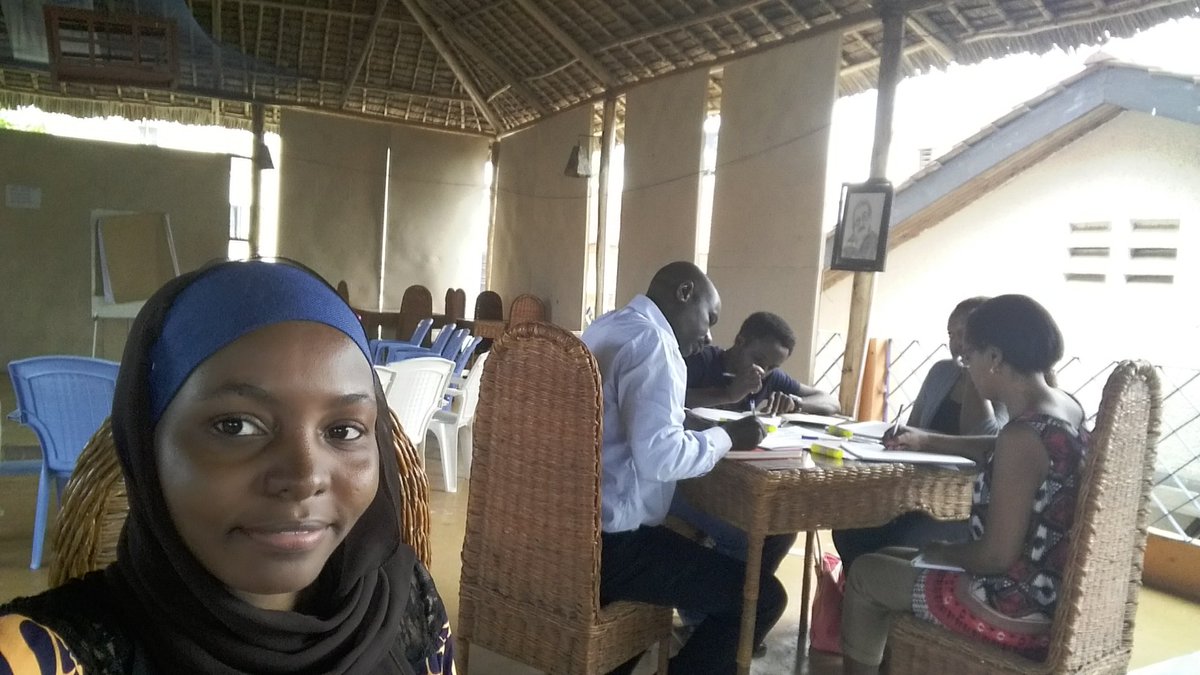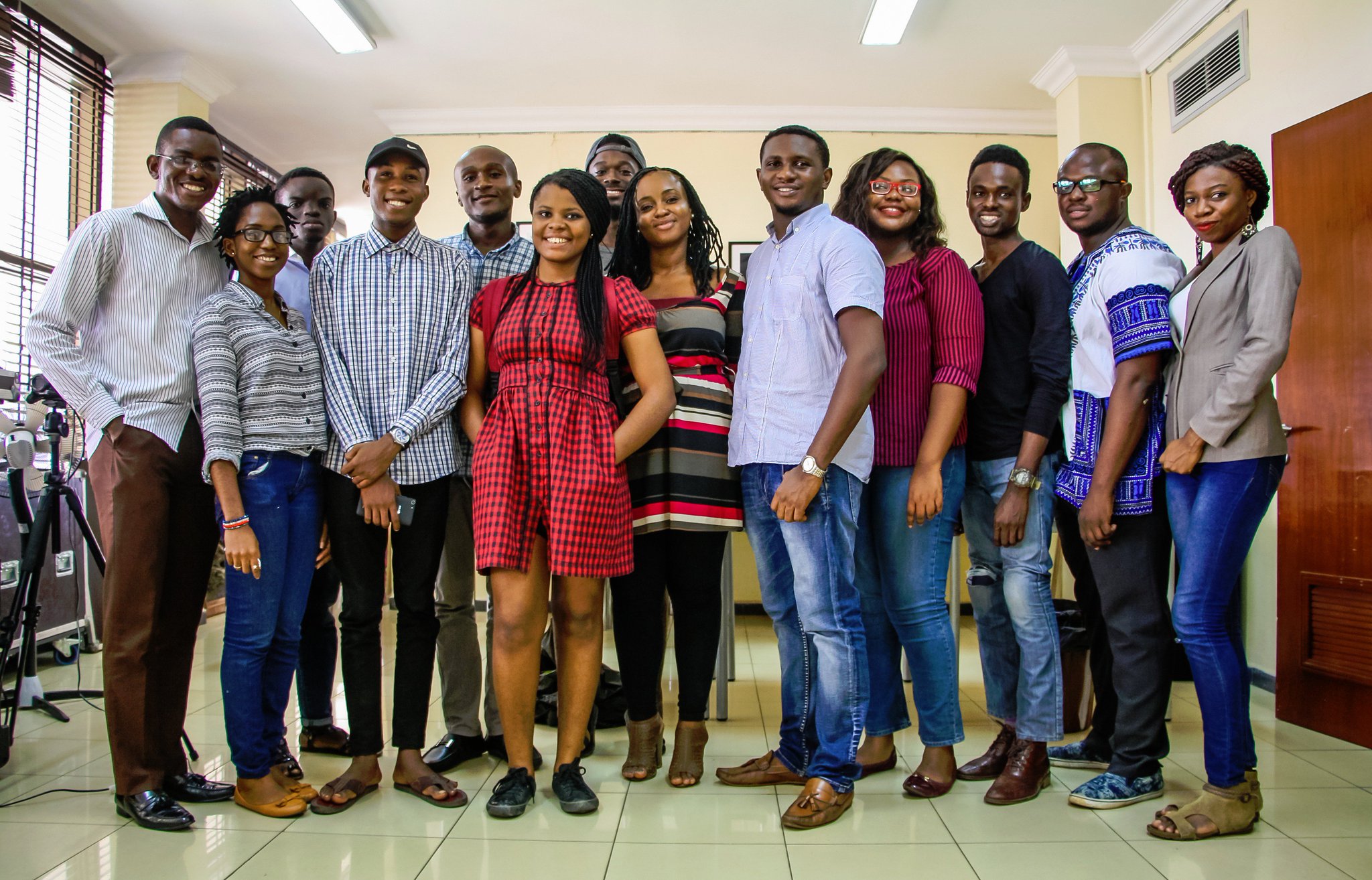Writing is building worlds out of thin air. Maybe that's why when writers congregate to do it, it tends to be called a workshop. Sounds difficult doesn't it? Words from air. Well sometimes it is. This wrangling of invisible elements is usually a solitary craft but it helps to have a writing community made up of mentors and colleagues to give you a nudge in the right direction and help talk your characters or plot down from a cliff.
When Short Story Day Africa with the support of the Goethe-Institut set out to hold day-long workshops across the continent this year, we had only a small idea of the demand there would be. The previous year's workshops in partnership with Pro Helvetia had been a success in Botswana, Malawi, and Zimbabwe but we weren't sure what would happen when we widened "The Flow".
In June 2016 we held Flow Workshops in Addis Ababa, Dar es Salaam, Lagos, Johannesburg, Nairobi, Yaoundé and Windhoek - African cities that reflect the feeling that the centre is moving from the traditional book capitals of London, Paris and New York to the equally vibrant and cultured hubs of the global South.
The response was both overwhelming and heartening. Many writers applied to be both attendees and facilitators and in the end each workshop had a healthy mix of different kinds of writers. Some workshop participants were filled with raw talent but needed guidance on how to sculpt a piece of writing. Others although more experienced as writers, even formally published, needed help getting out of a creative slump or surmounting writer's block. Through spirited discussion, free writing exercises and haiku composition we encouraged the writers to dig deeper and push the limits of their creativity further. Everyone learnt something new - from themselves, each other and our wonderful facilitators.
"...the best writing, the best stories come from those places. ...Sometimes you can tell that a writer was not fully committed to their story, sometimes the page is dry; there is no blood on it, and you, the reader, can tell when you read. 'Bleed onto the page', she [Muthoni Garland] says." - Wanjiku Mungai, Nairobi workshop participant
This year when sorting through entries for Migrations, we were especially glad to see that several attendees had submitted stories that they'd either started working on during the Flow Workshops or created after being inspired by the experience. Eventually, through the blind reading process some were even shortlisted for the final collection!
Apart from what was laid on the page, amazing personal stories came out of every workshop; in Johannesburg, one writer hitchhiked to get there. In Nairobi, a Kiswahili writer gained more confidence in writing in English, and in Dar Es Salaam, a social anthropologist included some of the emerging African women writers present in her thesis.
"I don't know what it means to be an African writer but I do now know what it means and how to put it on paper. This workshop has calmed down my mind, created images and had me do some introspection that inspired me to write. - Mimi Mwiya, Namibian participant
Many thanks to our programme facilitators, sponsors and all the writers who contributed their time, effort and ideas to the workshop events. Short Story Day Africa is committed to continuing to strengthen writing networks, and igniting writing communities that give rise to new and innovative forms of African literature. Next year we want to nurture more writers and their talents, possibly in a city near you. We hope to share more laughter, swap more writing tips and have new debates in the next series of Flow Workshops.



